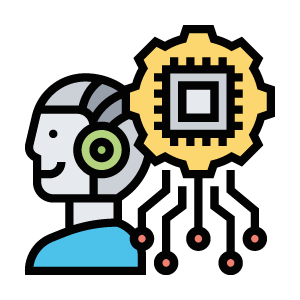Systems biology is a field of study that aims to understand the complex interactions and processes that occur within biological systems, such as cells or organisms. Machine learning, on the other hand, is a branch of artificial intelligence that involves the use of algorithms and statistical models to analyze and make predictions from data.
The intersection of these two fields, machine learning and systems biology, is an area of active research that aims to use the power of machine learning to gain insights into biological systems and to aid in the discovery of new drugs and therapies.
One approach that is being used in this field is the use of machine learning to analyze large-scale genomic data. By analyzing the genetic data of organisms, researchers can use machine learning algorithms to identify patterns and correlations that can help them understand the underlying biological processes. This can aid in the discovery of new drug targets and help to identify potential biomarkers for diseases.
Another area where machine learning and systems biology are being used together is in the study of protein-protein interactions. By analyzing the interactions between proteins, researchers can use machine learning algorithms to predict new interactions and to identify potential drug targets.
Machine learning also plays an important role in the field of systems pharmacology which is the study of how drugs interact with biological systems. Machine learning techniques can be used to analyze data from preclinical and clinical studies to understand how drugs interact with different biological systems and to identify new drug targets.
Overall, the intersection of machine learning and systems biology is a promising area of research that has the potential to significantly advance our understanding of biological systems and to aid in the discovery of new drugs and therapies.

